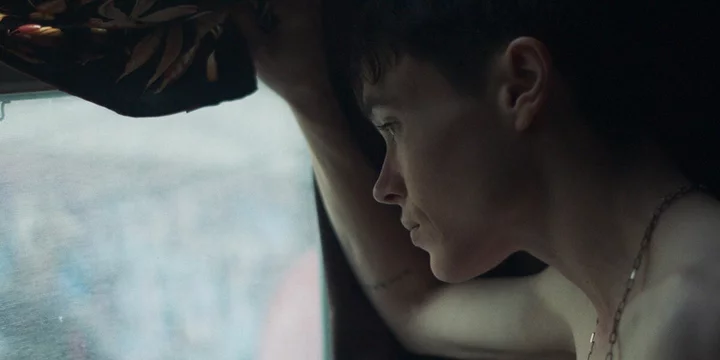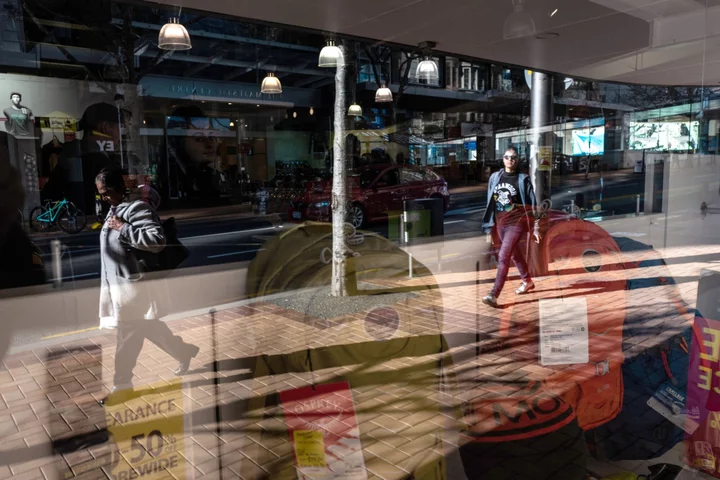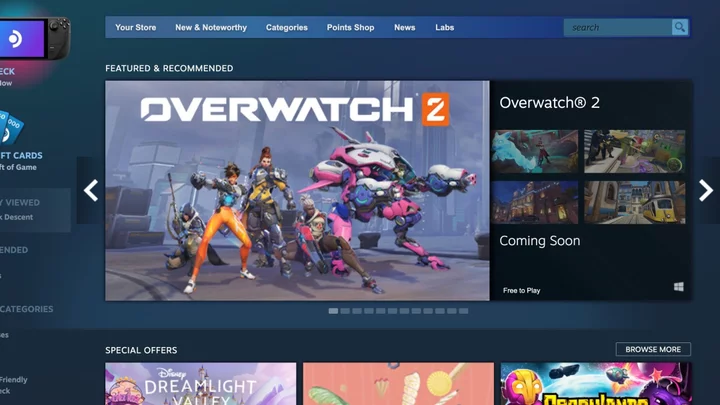The adage "you can never go home again" speaks to the indifference of time passing. Sure, you can go back to your hometown whenever, but the "you" and the "home" will never be the same again. This is the dilemma facing the trans protagonist in the indie drama Close to You, which is both fronted and produced by Elliot Page. After years of personal struggle, Sam is finally in good standing with himself. But what will happen when this him goes back to a home — and family — who may not understand?
Made after Page came out as trans in 2020, this touching and clearly personal film grapples with issues of trans acceptance and the definition of family — but not successfully.
What's Close to You about?
Canadian actor Elliot Page stars as Sam, a trans man who is traveling to his hometown of Cobourg, Canada, to visit his family for the first time since transitioning. Directed by Dominic Savage, Close to You begins with some simple visual storytelling by establishing Sam in his Toronto rental, where he comfortably walks around without a shirt, his scars from top surgery on casual display. While making breakfast, he's joined by his housemate, who offers support but suggests maybe Sam need not put himself under the microscope of his family just because it's his dad's birthday.
SEE ALSO: 11 films you'll want to see out of TIFF 2023Despite his reluctance, Sam will go. Much of the drama will play out in his childhood home, between his parents, siblings, and their respective partners. However, woven throughout these family beats are bits of a romantic reunion between Sam and his high school bestie/crush Katherine (Hillary Baack). What begins as an enthusiastic conversation on a train spins into long walks and heavy-handed talks about what was and what could be.
Close to You takes a big risk that doesn't pay off.
Though Savage and Page are credited as screenwriters on the film, the production was made up largely of improvised dialogue — including a 53-minute take that is considerably cut down in the final edit. While a daring approach, it is the movie's biggest obstacle. A woeful lack of structure means one scene tumbles into another with little motivation. Sam's walks with Katherine feel so disjointed from the rest of the movie that I began to wonder if they were a flight of fantasy. Was Sam so under pressure by the tense family dynamics in the house that he imagined a safe space with the girl of his dreams smiling warmly at him? Or were the walks along the beach just a sincerely sentimental cliche?
A strong narrative structure wouldn't be a problem if Close to You played as a slice-of-life drama. But there too the film feels thin, in part because the dialogue — again, much of it improvised — lacks specificity. There's a slog of naturalistic but uncompelling dialogue occurring between collections of characters that does little to distinguish them from each other. Sam has two sisters (Janet Porter and Alex Paxton-Beesley), and they're chiefly defined by the men they date. One has a friendly beau who is smiling and enthusiastic to meet Sam. The other sister boasts a sneering transphobe (David Reale) for a fiancé, the kind who insists he's just asking questions and trying to play by "the rules" while making everyone else uncomfortable.
As the sisters seem to exist chiefly to introduce opposing attitudes toward Sam, one might wonder why they are needed at all. Couldn't the sisters be in opposition, as opposed to the boyfriends? Doesn't it weaken the stakes to have a family outsider giving voice to the tiresome transphobic talking points? As it is, the collection of kin feels ill-defined, and some are outright unneeded.
Further frustrating, Savage's staging of the introduction of the family is in a clumsy and darkly lit wide shot. So, it's difficult to make out from the jump who is who. Later, when one of this crew (Daniel Maslany) pours his heart out to the film's hero, it might have been a touching moment — if I had any idea who he was in relation to Sam! It's as if Savage is taking for granted that these abstractions of characters will be enough, perhaps relying on audiences to plug and play their own family into the roles, for better or worse. But with cinematography that gives little focus to anyone's close-ups save for Page, it's hard to see, much less connect with, the majority of the ensemble.
Close to You offers drama that is earnest but not earned.
Even Sam can be a vexing enigma. Vocally, he expresses how he wishes to be seen by his family as the whole of who he is, and not solely defined as trans. However, his trans identity is the most talked-about element of the character in Close to You. Aside from the swift intro, we don't see much of his life in Toronto. The ambiguous dialogue keeps talk of his romantic life and community there very vague. When asked about his work — even repeatedly — he only says that he likes it, never mentioning what it is or why he enjoys it. It's less than small talk. What he does is never revealed, nor are any other friends, and so goes another opportunity to get to know Sam beyond his trans identity and his family's fighting.
Sam's romance with Katherine does bolster the character, as it shows a side of him where he doesn't need to be on guard or constantly explaining his right to exist. These scenes seem to aim for a Before Midnight vibe, but again, improvised dialogue keeps things vague — albeit sweet and sentimental. While Page and Baack do share a warm chemistry, it's not so white-hot that the third-act possibility of a romantic runaway relationship feels likely, perhaps especially amid so much naturalistic dialogue that suggests only grounded choices are on the table.
The bits that work best in this film are those between Sam and his parents. In a kitchen scene, his mother (Wendy Crewson) — desperate to show her support — awkwardly offers him money in the middle of asking him to help with the cooking. There is specificity, with her welcoming him into her space and trying to reach out the way many parents do. Later, his father (Peter Outerbridge) reflects on when Sam left home, laying out the fears he faced in not being within reach of his child. Here again, details paint the picture of these people, their relationship, and the stakes Sam and his family face.
For much of the film, Close to You keeps us at arm's length. Its experiment with improvisation might have had great intentions in terms of seeking authenticity. However, this method ultimately fails in constructing a successfully engaging narrative or fleshed-out characters. Sam's journey is carried chiefly by Page's performance, which is sharp-eyed and big-hearted. However, as Sam meanders from romantic rendezvous to stressful dining room debate and back again, it's difficult to connect to the flow of the film, especially with so much stagnant dialogue. Despite good intentions, Close to You has lofty aims but wobbly execution.
Close to You was reviewed out of its world premiere at the 2023 Toronto International Film Festival.









